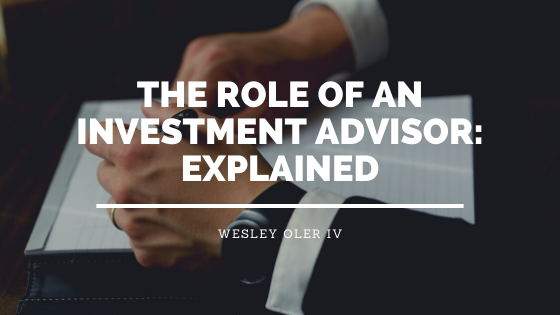For people who find it difficult to manage their own investment portfolio, whether it’s because they are just starting out or because it’s becoming too complex, it might be beneficial to hire a financial advisor. Another term for a financial advisor is a stockbroker. It is defined as a person or group that is registered either as a state securities regulator or with the U.S. Securities and Exchange Commission (SEC). It depends on the quantity of assets accumulated. After an investment advisor reaches $110 million in assets, they are overseen by the SEC. Below that, they are usually managed at the state level.
An investment advisor (also known as a stockbroker) is any person or group that makes investment recommendations in return for a fee. This advice can be simply assisting with selecting stocks and bonds, discussing market trends, or discussing alternative investments such as real estate.
In order to become a financial advisor, there are a number of steps a person must take. A bachelor’s degree is required, followed by a certification that comes from passing exams. There are two options here. If the candidate wishes to study only for the Series 65, known as the Uniform Investment Adviser Law Exam, then they will be fully certified to advise clients without the need for further tests. Contrarily, they could choose to study for both the Series 66 and Series 7. These two combined qualify someone to register as an investment advisor representative and securities agent.
The next step is to choose a Custodian. This term refers to an institution that will watch over client assets and holdings. The custody rule of the Investment Advisers Act of 1940 made it mandatory to only use independent banks or other qualified institutions.
The next step is to establish a Limited Liability Corporation. An LLC is vital because it separates your business assets from your personal assets, protecting your personal finances. After that, you will need to create a user account with the investment advisor registration depository (IARD), an electronic system that processes federal and state IA registration. All IAs are required to register with the IARD.
In addition to all of the above, candidates are required to complete Form ADV. This is a lengthy disclosure document that educates potential clients on everything they need to know about working with an independent investment advisor.
